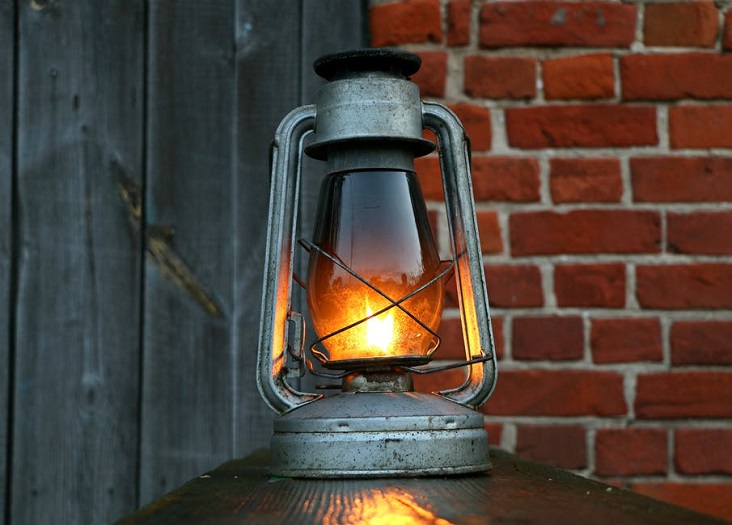Usually your main problem during a rough storm is losing your power. However, Mother Nature can pull a fast one and place you in a situation where you need to cut off your electricity or shut off the water to protect yourself and prevent property damage. That’s not to mention when you need to control your own heating or cooling, or have to worry about outside debris.
When you know rough weather is coming your way, here’s how to bring your home back under your command to keep you safe and healthy until the storm passes.

Shut Off Your Power
If debris ends up severing some outdoor patio lights, or the extreme happens and harsh winds burrow debris into your walls, reaching your wires, you may be at risk of a fire. You need to cut power to eliminate the danger, and that means knowing where your breaker box is.
Whether you’re in an apartment or own a house, power boxes are always contained within the home for such situations. Scan the walls in your hallway, laundry room, kitchen, basement, or garage to find a flat panel. Open it up to see a wide range of levers and switches. Usually the main power is labeled as such, but otherwise, go for the largest switch —it’s always that one.
Bring All Your Potted Plants Or Outdoor Furniture In
It’s a pretty bad day when you emerge from your home after a storm to find your favorite lawn chair halfway to the moon and all your potted plants upended. Not only is it a shame to lose and a huge mess to clean, but you’ll almost have to replace all of the items —which can be costly. The only thing that can make it worse is: that deck chair coming through your window thanks to the crazy winds. If you know rough weather is coming your way, don’t take a chance; anything above a light drizzle is something to worry about. Pack up your potted plants and outdoor tables, chairs, or stools, and bring them in for safekeeping.

Shut Off Your Water
Heavy winds and debris can be merciless, and if a rough storm hits your home hard enough to break off water spigots or crack your pipes, you could be experiencing a manmade flood in short order. Your water bill will go up, water damage will range far and wide inside and outside of your house, and at the very least, it’s one more mess you don’t need. At this point, the solution is finding your water valve and cutting the supply.
While some apartments won’t let you turn off and on your own water, some will and your house will certainly provide you with the option. Check with your landlord or water company before necessity arrives to see where the main valve for your water is located, and then keep it in mind. Usually it requires nothing more than turning a valve by hand or with a wrench.
[tweetthis]Prepping for bad weather can be a chore, but make sure you consider these 4 things in your rental.[/tweetthis]
Control Your Thermostat
If you know you’re at risk of losing power during a storm, making sure your home is a comfortable temperature is the key to weathering Mother Nature. If you control your own thermostat, turn it high or low depending on the season so you don’t end up chilled or sweating until the storm passes. However, some apartments don’t give their residents such control and it’s instead left up to management.
In this case, for winter, get a collection of oil lamps, blankets, and heating packs. The heating packs will need to be warmed and ready before the power goes out, and the oil lamps will provide light as well as some minimal heat. Not much, but enough to help. Curl up with your pets or family and wait it out. In extreme cases, you can always weather the storm long enough to get to your car where you can turn the heating on. Just be very careful —people have died from exhaust poisoning doing just this, so make sure it’s a highly short term way to warm up before you head back inside or drive to somewhere with power.

Preparing for a storm is a smart and safe way to be a responsible renter. As well, tackling some DIY maintenance projects on your own goes a long way for keeping a happy tenant-property management relationship.
